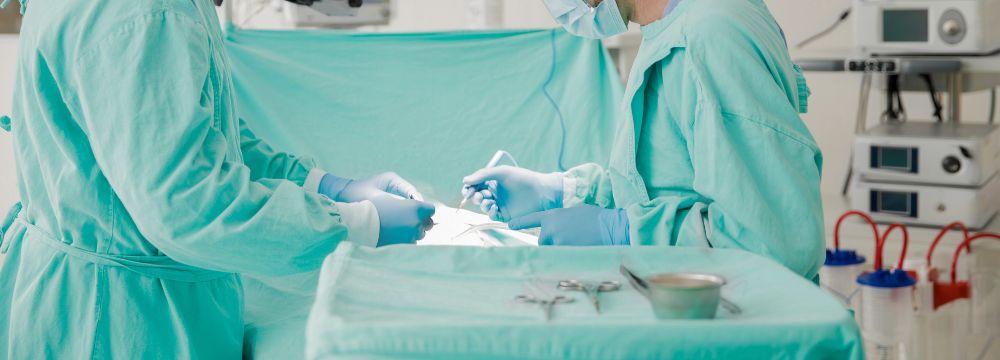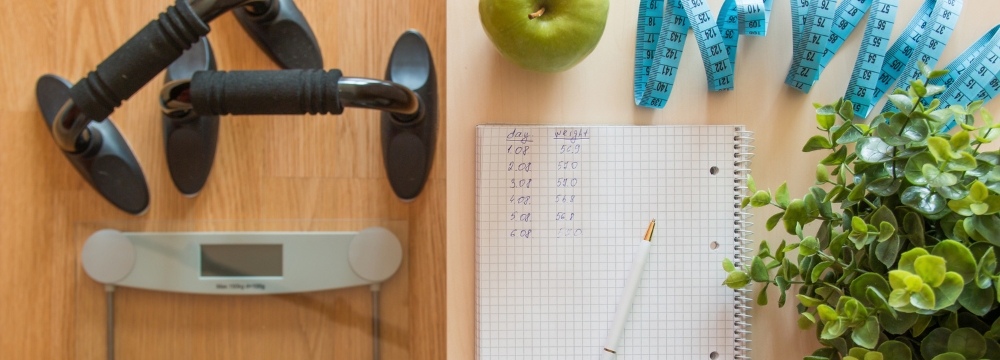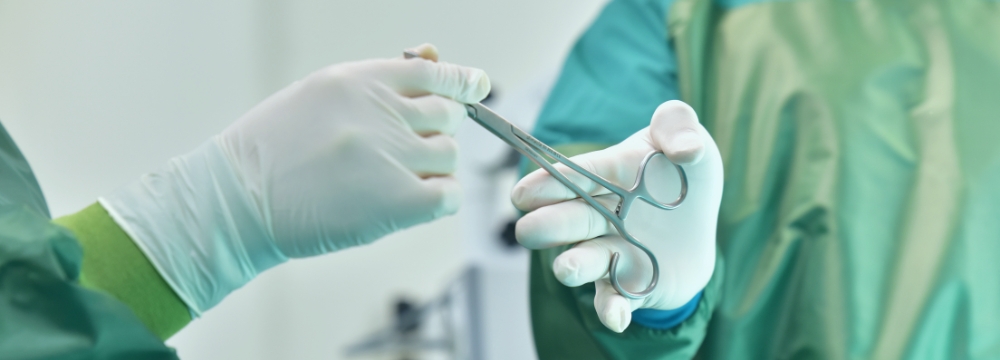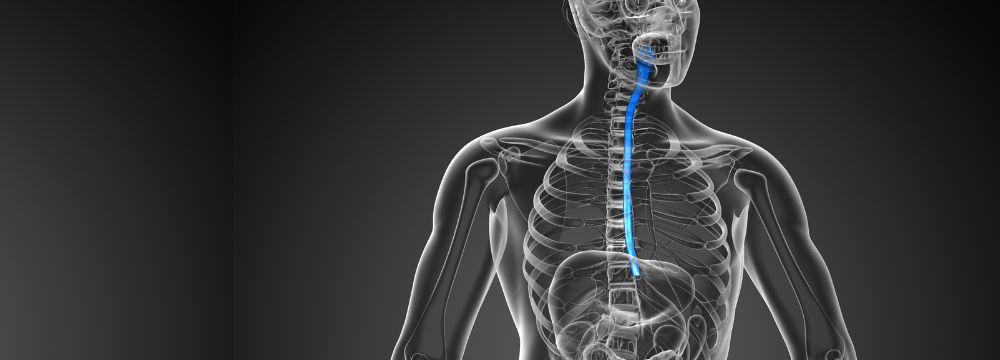Gallbladder
Bile, a yellowish-green enzyme, is secreted by the liver and stored in the gallbladder. The gallbladder injects it into the small intestine to assist with the breakdown of food, especially fats. Bile reflux is precisely as it sounds – like its more well-known cousin, acid reflux – and involves the movement of liquid upward through the G.I. tract into the stomach (and sometimes esophagus) when it should be flowing downward instead.
When Does Bile Reflux Occur?
Bile reflux most often occurs after gallbladder removal or cholecystectomy. The gallbladder is a storage pouch for bile that contracts to release bile during and after meals to assist with digestion. When the gallbladder is removed, the bile duct must be connected directly from the liver to the small intestine. If bile pushes back into the stomach for any number of reasons, anatomical or technical, this is known as bile reflux. While rare, this reflux can continue up the G.I. tract through the stomach and into the esophagus, where it can cause similar burning symptoms to gastroesophageal reflux.
Even bariatric procedures can cause bile reflux. This is especially true for the mini gastric bypass, a procedure recently approved in the United States but performed in Europe for years.
Certain stomach surgeries and blockages of the pyloric valve – the one-way valve separating the stomach from the small intestine – can cause bile reflux.
How We Avoid Bile Reflux
With virtually every surgery, we have refined our collective technique over time. This applies to stomach surgeries, gallbladder removal, and mini-gastric bypasses that account for most cases of bile reflux. These advances have dramatically reduced the incidence and severity of bile reflux. This is not to say that bile reflux does not occur. However, we are less concerned when some bile refluxes into the stomach. Only when bile begins to reflux into the esophagus do patients experience significant symptoms. This is because the constant wash of bile can erode the sensitive lining of the esophagus, causing ulcers, strictures, and a precancerous condition called Barrett’s Esophagus and possibly leading to esophageal cancer.
Why Antacids and Typical Reflux Medication Do Not Work
Unfortunately, while the symptoms of bile reflux may feel the same as gastric reflux, ultimately, antacids and acid-blocking medications do not work when acid is not the main concern. As such, bowel reflux must be treated using non-surgical endoscopic procedural options, especially when severe.
When Do I Know I Have Bile Reflux?
It is essential to distinguish between gastric and bile reflux for proper treatment. If you have recently had a cholecystectomy and have new or worsened GERD, you should speak to your doctor. On the one hand, patients with their gallbladders removed tend to liberalize their diets because they no longer suffer from gallstones, and this can cause acid reflux to worsen. However, acid reflux usually resolves with antacids or proton pump inhibitors (PPIs). Therefore, if you are feeling reflux and have been on medication that has not offered relief, we encourage you to contact our office to understand whether bile reflux may be to blame.
Prospects for Those With Bile Reflux
Ultimately, treatment for bile reflux is very successful, and most patients experience significant relief after their procedure. That said, modern surgical technique has reduced the risk of bile reflux; even if it does occur, most patients will never experience symptoms. As always, we encourage you to contact our office to learn more and schedule a consultation with one of our surgeons to understand the risks of this or any surgical procedure.











